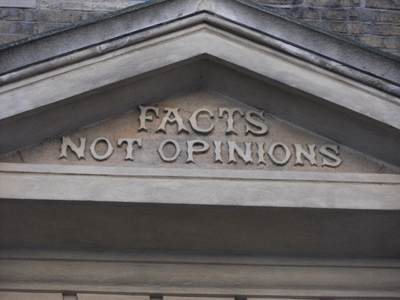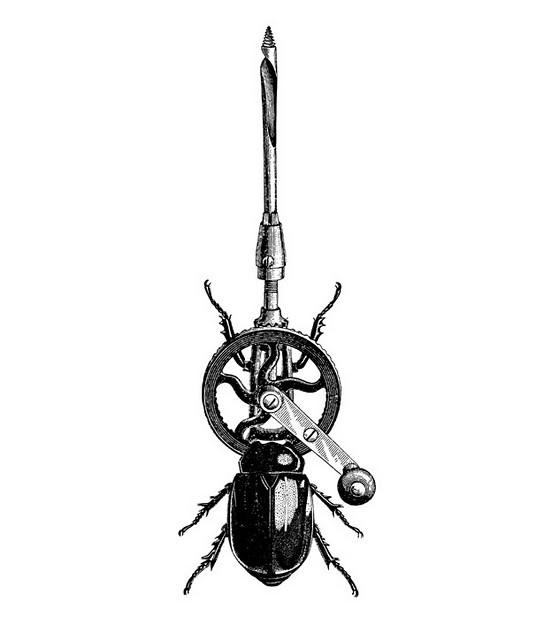I’ve noticed that Melbourne High School has two mottos. One is ‘honour the work’ and the other, perhaps more recent, is ‘more than just marks’. The school is a hub of co-curricular activity which attests to that. And yet, not surprisingly for a selective school full of bright and competitive boys, the focus is largely on attaining high marks and, in particular, a high ATAR in VCE. There’s nothing wrong with that if it doesn’t interfere with what matters more – the development of a love of learning, a thirst for understanding and thinking.
When English teacher, Nicholas Fairlie, and I put our heads together in the hope of doing something different with Nick’s two Year 9 classes, we decided to try out Posterous as a blogging platform. Nick found the perfect quote by Thomas Mann to introduce the point of blogging, a quote which so beautifully expresses the reflective aspect of blogging.
Keeping a Diary
“I love this process by which each passing day is captured, not only its impressions, but also, at least by suggestion, its intellectual direction and content as well, less for the purpose of rereading and remembering than for taking stock, reviewing, maintaining awareness, achieving perspective.”
(Thomas Mann, Thomas Mann: Diaries 1918-1939)
Nick had the boys spell-bound as he introduced the project –
And so, boys, this is why we’re blogging. Not for the rightness or wrongness of our ideas, but for the having of the ideas and shaping them fit for the page. These pages will celebrate and affirm thinking: bold thinking, creative thinking, subtle and robust thinking. What goes here is valuable because it is the product of our minds and because of that will be respected by us all.
Without making a big deal of it, Nick spoke to the boys about responsible and respectful behaviour, pointing them to the guidelines:
5. Nice as it is to read encouraging comments, such as “well done” and “good job”, try to give some more feedback than this. Work on building a dialogue.
6. Keep track of what has been said by others before, and then try to provide some new viewpoints. You can also ask thoughtful questions, as there may be new and unfamiliar cultural references in other students’ photos and commentary.
Past experience has taught me that rich commenting is an art which has to be taught. So much learning takes place without much effort though – writing not just for your teacher and a mark, but for a peer audience and a potentially global readership, will open up the scope for authentic discussions and social learning.
And so we have made a start. Two classes of Year 9 boys have created their own blogs and personalised them (as they all naturally want to do), and these blogs have been linked on the front page of Nick’s blog. They have written their first blog post on a topic which has yielded some mature and thoughtful responses (to ‘We are what we know’). It was exciting to read such interesting responses to an open and abstract topic which may have intimidated much older students – a rich start to something that promises to truly be “taking stock, reviewing, maintaining awareness, achieving perspective.”
After sending out a tweet and Facebook status to promote the blogs and encourage commenting, we sat back and waited for readers to bite. My generous network jumped in immediately with responses to encourage and challenge the students in their thinking. My online colleague, Sinnika Laakio-Whybrow, from Finland, was amongst these and will no doubt impress upon the boys that their writing attracts a global audience, and that it’s just as easy to have a discussion with someone on the other side of the planet than with someone interstate.
sinikkalw responded:
I would go along with your reasoning that most of us don’t really know who we are or what exactly we know. But why is that perfectly fine with you? Wouldn’t we all be better off if everybody knew a bit more about themselves and what they know?
1 day agoAndrew Poxleitner responded:
I would agree that if people knew more about themselves than they do right now, not only would they benefit, but the contributions to society would also be invaluable.Perchance I was a bit vague on this, in the post, but we also have to question ourselves on how to do so. How do we find about ourselves? I believe, at least, I’m in the dark in regards to who I am, and how to figure out who I am.
Therefore, I’m perfectly fine with the fact that maybe not many people know who they really are, because from the very start of the discovery, it’d be like picking needles out of a haystack.
Being realistic, not everyone can figure out who they are, and that’s a fact. Well, at least to me it is.
1 day agosinikkalw responded:
Technology truly is amazing, here I am on the other side of the world having a “discussion” with you!In hindsight, and with life experience, I can assure you that teenage is the very time when you really start on the lifelong journey of “finding yourself” and becoming your own independent individual. What seems like needles in a haystack to you now, will become clearer and clearer to you as years go by. If there was a reliable method of “finding your true self” that worked for everyone, I’m sure we’d know about it. The beauty of life is the journey, the process, the gradual deepening of our understanding, the willingness and openness to find out. Because not everybody can figure it out, doesn’t mean that you can’t, does it?




